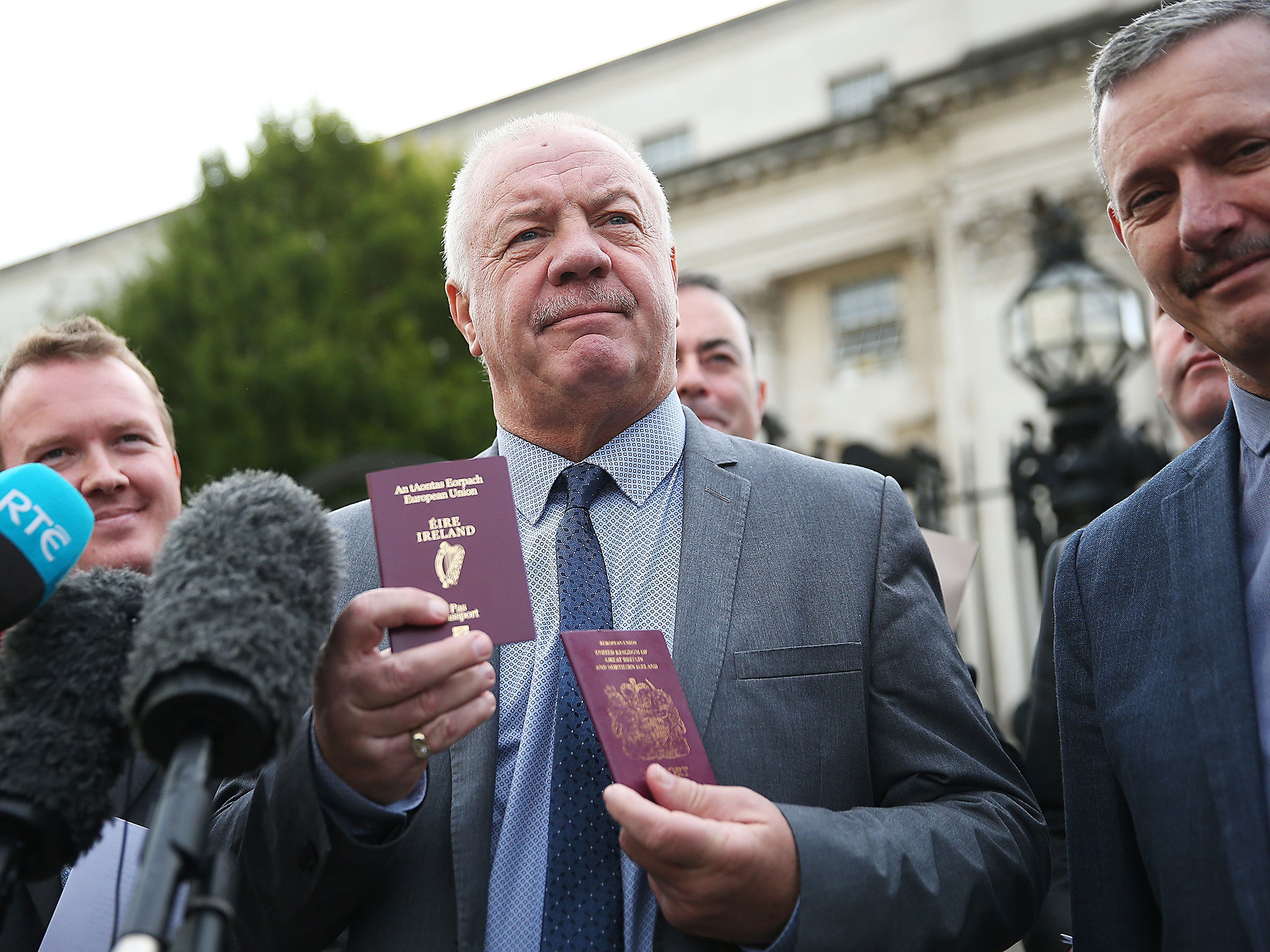Your support helps us to tell the story
From reproductive rights to climate change to Big Tech, The Independent is on the ground when the story is developing. Whether it's investigating the financials of Elon Musk's pro-Trump PAC or producing our latest documentary, 'The A Word', which shines a light on the American women fighting for reproductive rights, we know how important it is to parse out the facts from the messaging.
At such a critical moment in US history, we need reporters on the ground. Your donation allows us to keep sending journalists to speak to both sides of the story.
The Independent is trusted by Americans across the entire political spectrum. And unlike many other quality news outlets, we choose not to lock Americans out of our reporting and analysis with paywalls. We believe quality journalism should be available to everyone, paid for by those who can afford it.
Your support makes all the difference.It’s far from perfect but the price of the pound against the dollar is a good real time tracker of both the likelihood of Brexit happening, and what type of Brexit it will prove to be.
Overnight on 23 June, it fell by more than ten per cent. It has since fallen by a further seven per cent.
At 10am this morning, when the High Court ruled that Parliament, not the Prime Minister, has the power to trigger Article 50, the pound rose by about one per cent.
That is the clearest context through which to understand the implications of this ruling. Does it alter the likelihood of the UK leaving the European Union, which is still very high? Zero to negligible. Does it mean the UK will stay in the single market (as the money markets would like it to)? No, it does not – but it does hand MPs, most of whom are pro-Remain, some leverage to shape Brexit slightly in their own image.
But there’s a catch. The MPs themselves are subject to leverage. They are there to be shaped in the voters’ image. The likelihood of MPs refusing to trigger Article 50 is close to zero. Labour’s safest seats are among the highest proportion of Leave voters in the country. Doncaster North returned Ed Miliband with a 12,000 majority. It voted out on about a 70/30 split.
But Labour has been quick to adopt the pro-Remain Conservative Chancellor’s line that “the people of Britain did not vote to be poorer on 23 June”. Stephen Kinnock repeated it a couple of hours after the judgment.
Parliament can certainly compel Theresa May to be much clearer about the type of deal she seeks, something she has so far refused to do, and would like to continue refusing to do. MPs will think the mechanisms now exist for more information to be extracted. They can threaten to throw the referendum out. But she can threaten effectively to throw them out, via a general election.
Already the Government has stated it is committed to its timetable of triggering Article 50 by the end of March. A general election by that time is highly unlikely. What is highly likely is a further ramping up of ill feeling and division. The country is split, 48/52, and the fault-lines run right through, not between the two major parties.
In concrete terms, the ruling changes little. But it does make what is already an unholy mess ever more messy.


Join our commenting forum
Join thought-provoking conversations, follow other Independent readers and see their replies
Comments